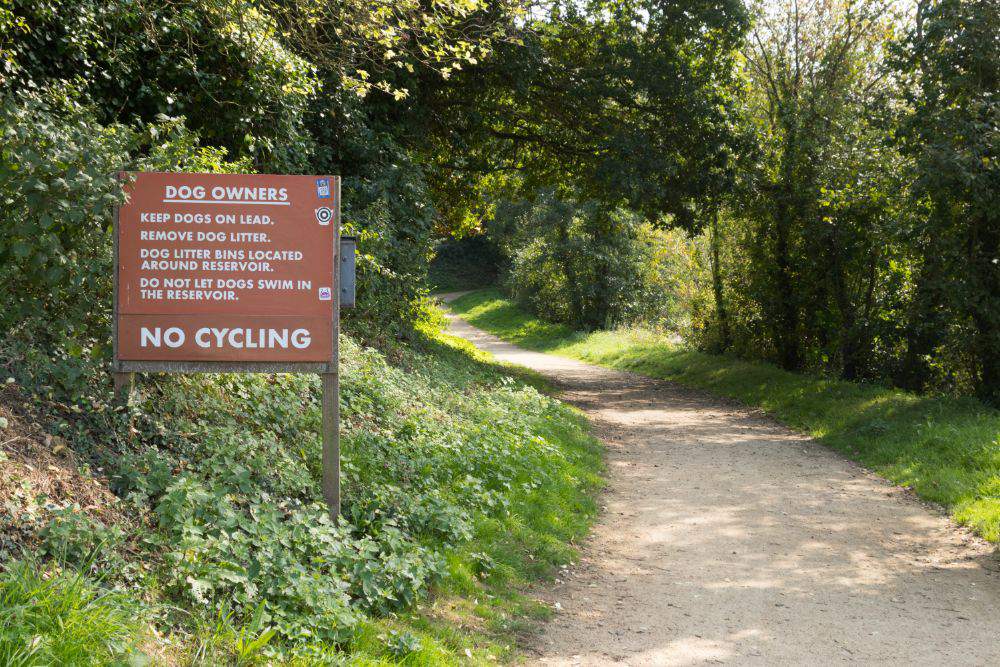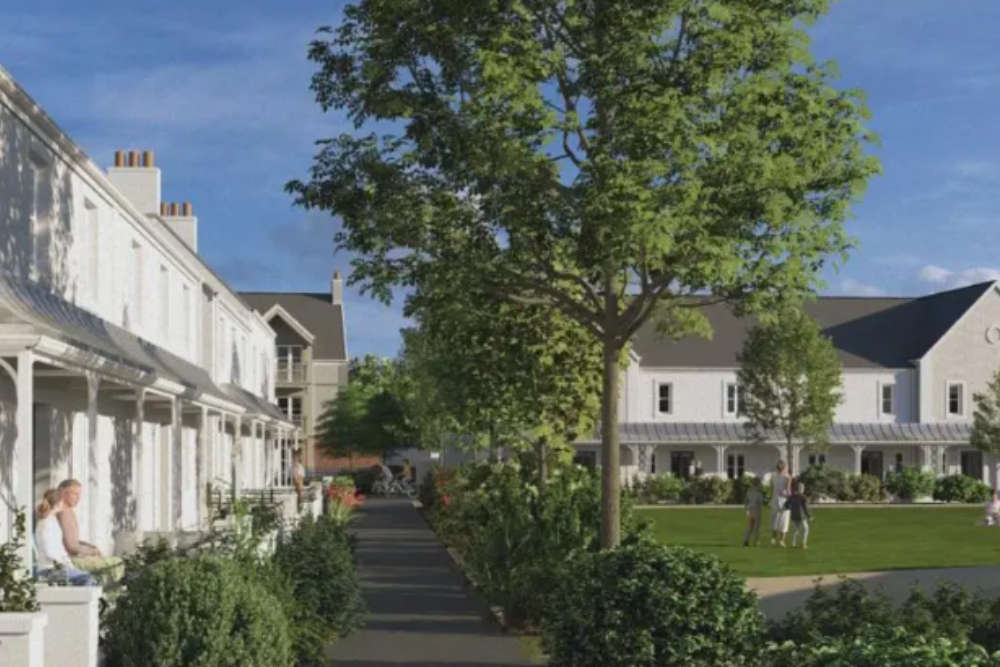
An early years report into education and social mobility shows those from low-income families are more likely to have stunted growth physically and in their learning.
The Best Start Partnership has identified that the island has the opportunity to correct imbalances in education that are shown between different families' social and socio-economic statuses.
The paper looks at the period from pregnancy to the age of three, predominantly, as a child's brain becomes 80% developed during this time period.
Dr Cathy Hamer, Independent Chair of the Best Start Partnership, says that funding for children reaps the best rewards.
"We've got good evidence that if you invest in children in the early years you get the greatest return in investment in terms of education, in terms of health and in terms of life outcomes.
It's the preventative approach for all children in the island to ensure that they get the best possible start in life."
However, there is a lack of clear leadership in the social mobility agenda, despite several government departments wanting to address the issues.
By age five, there are significant developmental differences between low, middle, and upper class children's cognitive and non-cognitive skills.
Greenstone M, Looney A, Patashnik J, Yu M (18 November 2016).
"Thirteen Economic Facts about Social Mobility and the Role of Education"
Research done by the organisation highlights that assessment results from all Key Stages show children with English as an additional language (EAL) have lower grades.
Despite this, the government has not earmarked an allocation to support children whose mother tongue is not English in schools.
This can be worrying, as the research also found that academic achievement in Key Stage 4 is closely linked to professional potential and future success.
It says dedicated funding should be given to students whose second language is English, based on the number of EAL pupils who attend the school.
Similarly, islanders believe that support for 'Social, Emotional and Mental Health' is a pressing need in schools.
Funding to help mental health has remained at the same level for 12 years and is only available in secondary schools.Primary and States fee-paying schools get no funding for Mental Health Provisions.
There is also a lack of data to allow officials to clearly understand and asses what is being done to close the gaps in learning between social classes at the primary school level.
The work -produced to a supplement the Social Mobility Report produced by the Jersey Community Relations Trust (JCRT) in 2022 - highlights areas including housing, access to nutrition, physical exercise and healthcare are crucial to the government's plan to reduce inequality.
However, despite families now being able to access these resources, there are more ways parents can help their children with their education in these crucial years.
Dr Hamer says there is a lot of research on the impact of brain development and that home learning and early education are absolutely key for development.
"Parents should recognise how important they are, what they do with their children is more important than who they are.
By creating a strong early home learning there are certain activities that can do that actually give their children a really good start in life."
Parents can assist with their children's learning through reading, playing, painting and drawing, letting their children socialise with others and taking them on educational trips out of the house.
The paper recommends the government creates a data-driven, well-resourced education strategy to support social mobility across all communities.
Embracing diversity and inclusion is at the heart of the education system, according to the organisation.
This would ensure the potential of every child is recognised and nurtured from early ages throughout their school lives.
Jersey Community Trust would like to see a review of the transfer of pupils at 14 to Hautlieu, as it may have an impact on diversity within other schools.
It would also recommend more investment into Highlands College to raise the profile of Further Education in the island.


 Sports teams get a share of £134,000
Sports teams get a share of £134,000
 £4.5M goes to Jersey charities from dormant bank accounts
£4.5M goes to Jersey charities from dormant bank accounts
 Five JT mobile phone sites vandalised
Five JT mobile phone sites vandalised
 Queen's Valley reservoir reopens
Queen's Valley reservoir reopens
 Nude Dunes planning application refused again
Nude Dunes planning application refused again
 128 homes to be built in St Peter
128 homes to be built in St Peter
 Haut du Mont memorial garden to include victims' favourite flowers and play area
Haut du Mont memorial garden to include victims' favourite flowers and play area
 Woman sexually assaulted at First Tower
Woman sexually assaulted at First Tower

